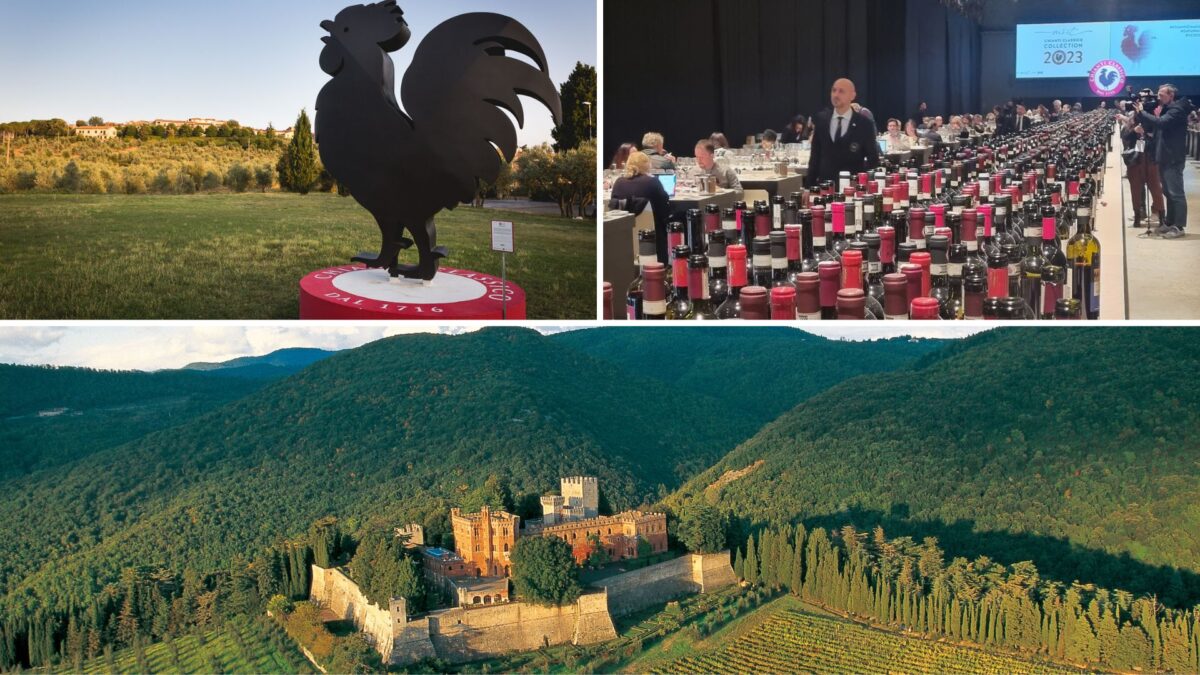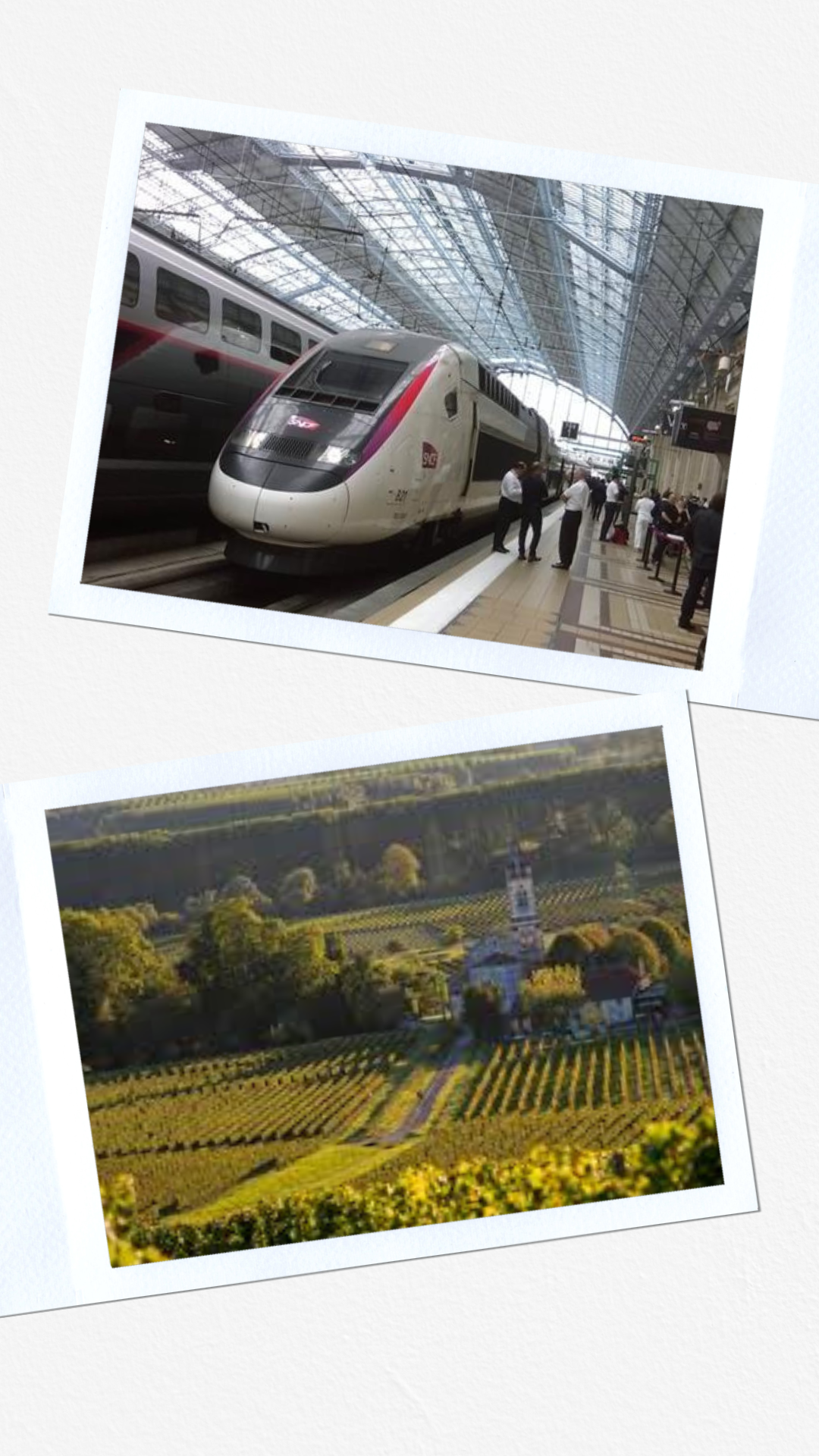The Chianti Classico Collection 2023 came together this year, for its flagship event, “Anteprime Toscana.” The Collection plays an important role in spreading awareness and improving transparency of one of Italy’s most charming and multifaceted wine territories.
The “Collection” took place in the beautiful Leopolda Station in Florence. It was the 30th edition, hosting a record number of producers (206 Black Rooster Estates) who presented the latest vintages of their Chianti Classico, Riserva and Gran Selezione wines to both the press and industry professionals. A total of 750 wines were presented between Chianti Classico Annata, Riserva, Gran Selezione and barrel samples from the 2022 vintage. The event was opened to the public on Valentine’s Day also offering an immersive tasting experience of wines, olives, cheeses, tomatoes and balsamic vinegar. A dedicated tasting area was set up for the Olive Oil DOP Chianti Classico where 30 different oils were showcased.
The Chianti Classico territory is quite complex, and a series of seminars were presented by Alessandro Masnaghetti, better known as “The “Mapman” for his significant contribution to mapping the vineyards of the world’s most significant wine-producing areas, and author of the recently published Chianti Classico Atlas of its vineyards and Additional Geographical Units.
Chianti Classico’s Constant Innovation
The Geographical Units mentioned in the seminars mark a step towards more profound knowledge and a greater appreciation of the peculiarities of Chianti Classico. The goal is to highlight the specific microclimatic characteristics with an even greater focus on the underlying differences that exist within these areas. The 11 UGA (San Casciano, Greve, Montefioralle, Lamole, Panzano, Radda, Gaiole, Castelnuovo Berardenga, Vagliagli, Castellina, San Donato in Poggio) are today labeled singularly with the name of the specific village of origin.
Showing the name of the municipality or village on the label will spark both curiosity and recognition from the increasingly high numbers of consumers who would like to improve. their understanding of the micro territories of Black Rooster wines.

Chianti Classico, a region that is eager to develop and has a vision of hospitality
This region has been one of the most popular destinations for wine enthusiasts for centuries. Perched on a plateau at altitudes between 200 and 800 metres, it’s covered with forests of oak, chestnut, pine and cypress trees. Now held in the arms of its two historic capitals, Florence and Siena, Chianti Classico was first loved by the Etruscans, then the Romans. The territory still preserves evidence of many past cultures. The earliest documentation of the existence of a wine-producing district dates back to the 13th century with the “Lega del Chianti”, formalized between Radda, Gaiole and Castellina and branded with the famous Black Rooster which, after many glorious years, became the official symbol of Chianti Classico wine in 2005. The rooster symbolizes the spirit of the Territory; strong, elegant, lively, and proud. Its crowing marking a new day.
With a high density of wineries, the region is a true oenological paradise full of castles and ancient abbeys where fine wines are matured, world-famous wineries alongside small and no less prestigious family-run estates, traditional cellars and architectural masterpieces. A setting in which hospitality and its experiences take on various forms with a multitude of activities. The producers here understand the importance of hospitality which brings great economic value, diversifying income, creates effective means of communicating values, and enhances the distribution of their wines. From curious wine enthusiasts to collectors, guests are drawn to the famous winemaking names of Chianti but also discover hidden gems of the highest quality. From private wine clubs and sommelier associations to restaurateurs, wine tourism in the Chianti Classico region embraces an increasingly varied public. Consequently, wineries work together with the tourism sector to create personalized and authentic wine and culinary trips.
As always it was a true pleasure, to once again, meet so many passionate producers who exemplify the culture and philosophy of Chianti Classico!





